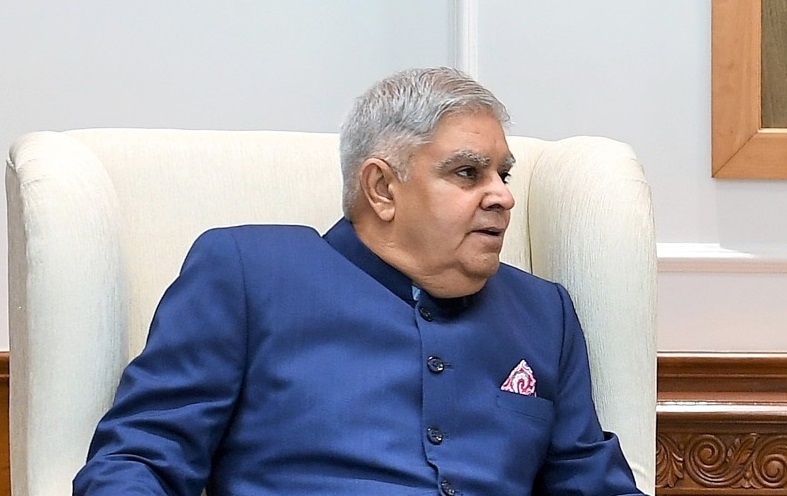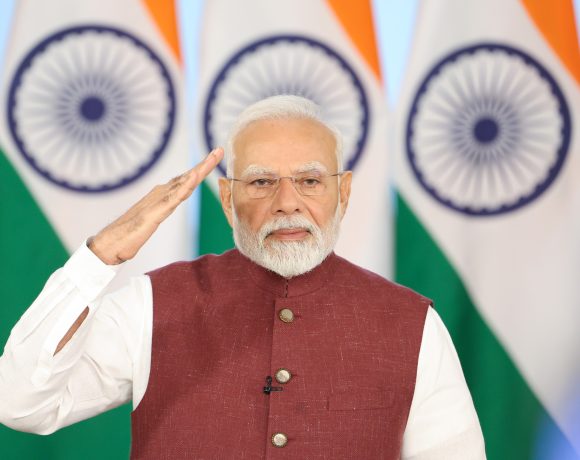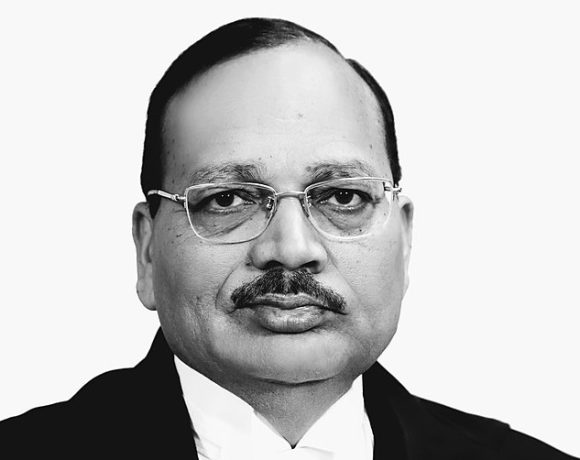
Dhankhar Slams 1976 Preamble Edits as “Sacrilege to Sanatan Spirit”
Vice President Jagdeep Dhankhar has stirred the constitutional waters by strongly opposing the insertion of the words “socialist” and “secular” into the Preamble of the Indian Constitution during the Emergency period. Calling the amendment a “travesty of justice” and a “sacrilege to the spirit of Sanatan,” Dhankhar said the Preamble is the “seed and soul” of the Constitution and should have remained untouched.
Speaking at a book launch event in New Delhi, Dhankhar emphasized that the Preamble was never meant to be amended. “The Preamble is not changeable. It is the basis on which the Constitution has grown… it is the seed of the Constitution,” he said. He pointed out that India is the only country in the world to have amended its constitutional preamble, and that too during what he described as a dark time when the nation was “bleeding” under authoritarian rule.
Preamble Under Emergency
The 42nd Constitutional Amendment, enacted in 1976 during the Emergency imposed by then Prime Minister Indira Gandhi, introduced the terms “socialist,” “secular,” and “integrity” into the Preamble. Dhankhar said this was done unilaterally and without any moral or democratic mandate, and that such changes would have never been accepted by the framers of the Constitution, including Dr. B.R. Ambedkar.
He described the move as a “festering wound” on the constitutional fabric and called on the nation to reflect on how such a foundational element was changed during a time of suspended civil liberties and political oppression.
Political Reactions and Ongoing Debate
His remarks come amid ongoing calls from sections of the ideological right to revert the Preamble to its original form, citing the additions as inconsistent with India’s cultural ethos. This includes recent statements by leaders who argue that “socialist” and “secular” were imposed terms alien to India’s native philosophical traditions.
On the other hand, opposition leaders like Ashok Gehlot have defended the inclusion of these words, citing multiple Supreme Court verdicts such as Kesavananda Bharati and Minerva Mills that upheld the concepts of secularism and socialism as integral to the basic structure of the Constitution. They argue that removing them would be a step back from the nation’s pluralistic and inclusive framework.


















